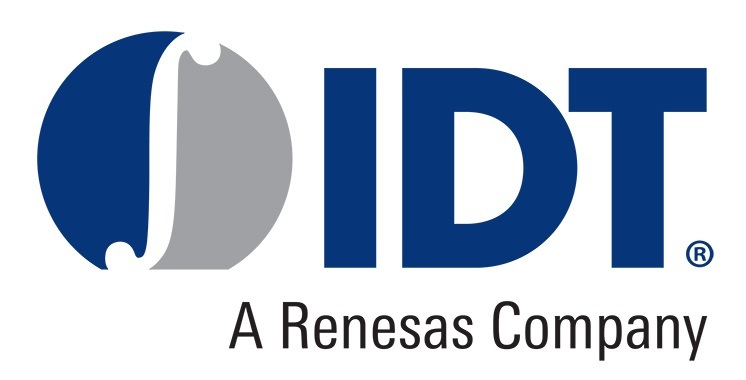Integrated Device Technology, (IDT), a wholly-owned subsidiary of Renesas Electronics Corporation, announced that it has been tasked by the City of Campbell, California, with making one of its parking lots "intelligent" as part of its efforts to be environmentally friendly, reduce light pollution, and make the lights more interactive for the city's residents.
The effort began in June with four overhead lights in the City Hall's employee parking lot and will soon expand to six additional overhead lights in the adjacent fenced Police Department parking lot. The project involved replacing the outdated sodium vapor bulbs with lamps comprised of much more energy-efficient and dimmable LEDs and topping the lights with weather-proof 6LoWPAN wireless mesh network modules. These modules provide reliable connectivity to Campbell's IT cloud infrastructure, giving the City's IT staff complete control of the lights and enabling staff to monitor their operations continuously.

In addition to reducing the city's energy usage, Campbell is actively considering using intelligent lighting in the City Hall parking lot. Locals have reportedly used the lot for private party transactions since the emergence of eBay, Craigslist, and other similar websites that allow private parties to advertise, buy, or sell merchandise. Smart lighting provides greater illumination by enabling this type of transaction to take place at night or in the early morning hours.
The City also considers giving their intelligent lights additional capabilities, such as automatically turning on when people approach the area. This would be accomplished by the lights using AI algorithms to discriminate between people, animals, and vehicles – even in low light conditions – rather than relying on the cloud. This approach ensures that lights provide illumination immediately rather than experiencing a delay, as data is first transmitted to the cloud for processing, and an activation signal is eventually sent. Also, multiple lights could communicate with each other in the areas, so that each illuminates and dim precisely to ensure a pedestrian is always well lit while walking. Such intelligence is a significant advance over simple motion sensors, enabling lights to provide continuous illumination for people even when they are not moving, such as sitting at a bus stop, for example.





 CN
TW
EN
CN
TW
EN





